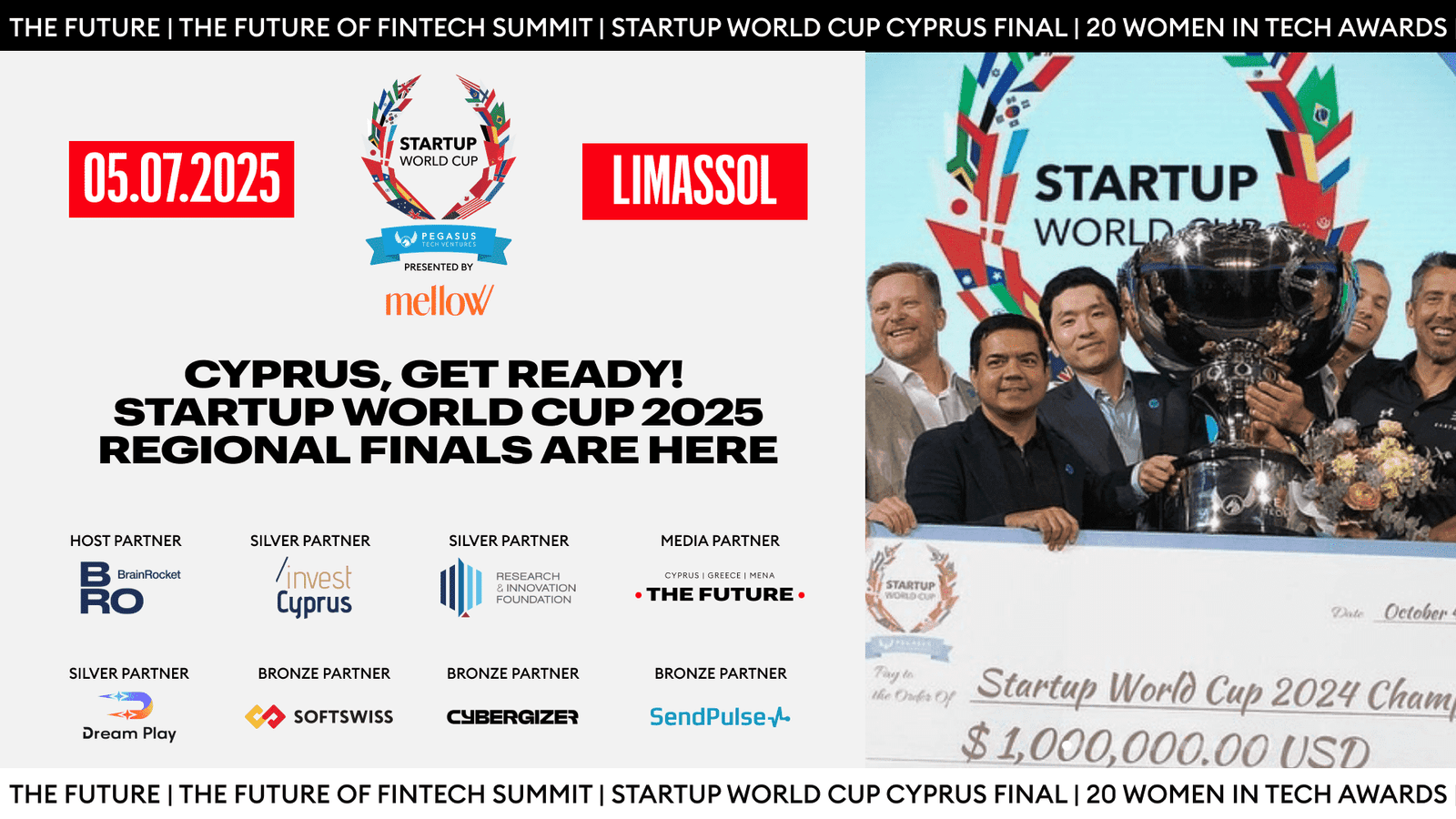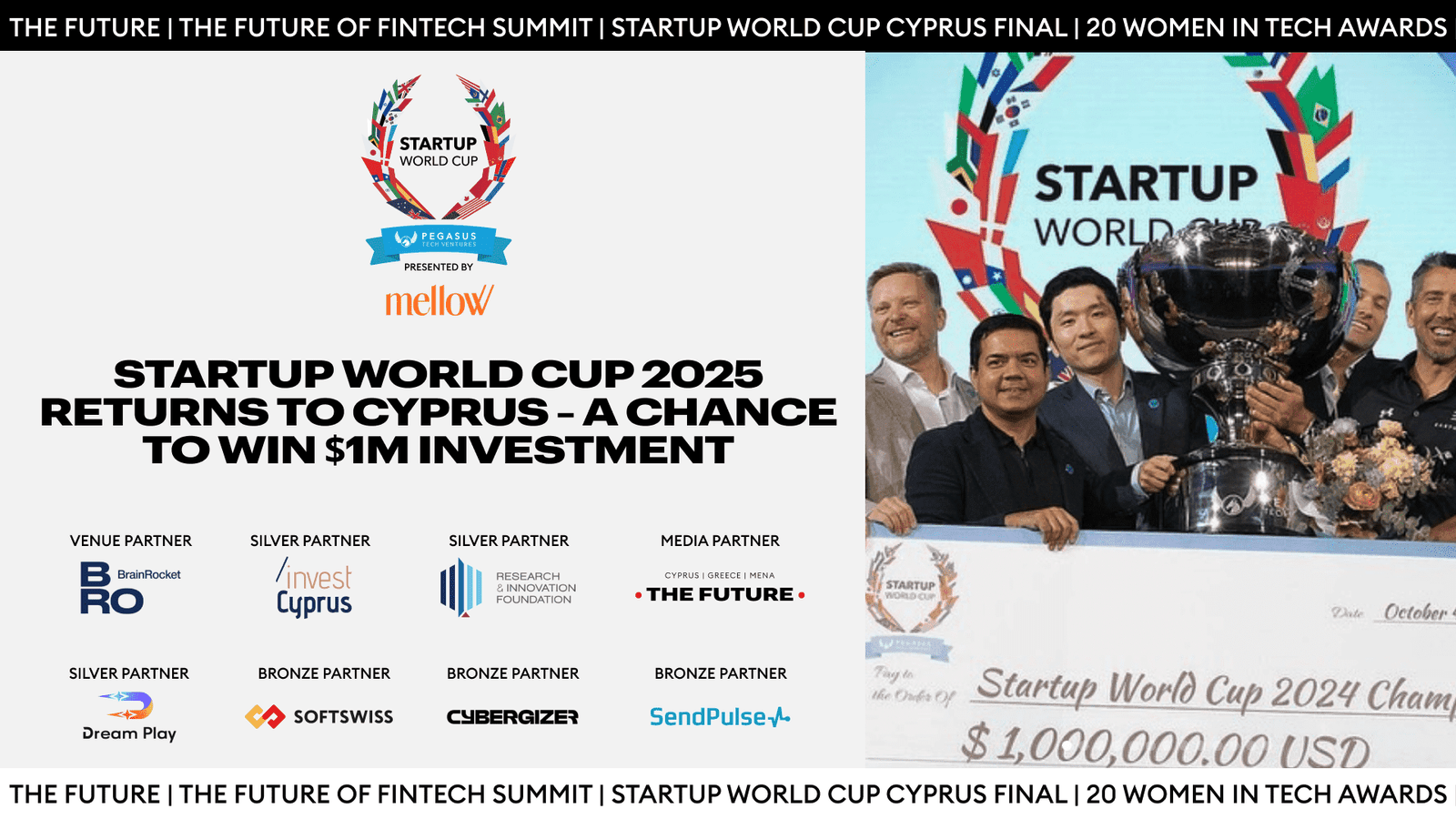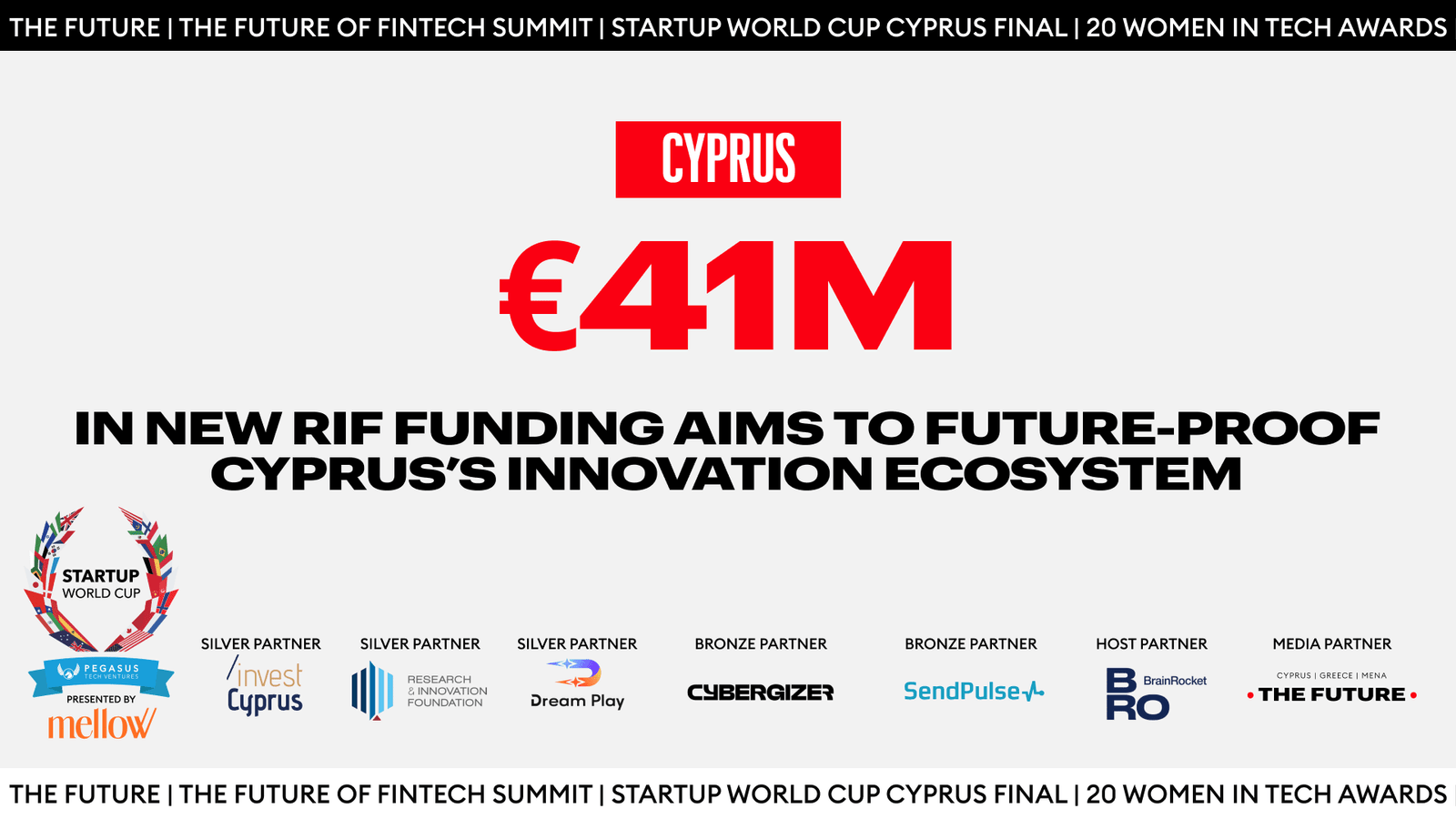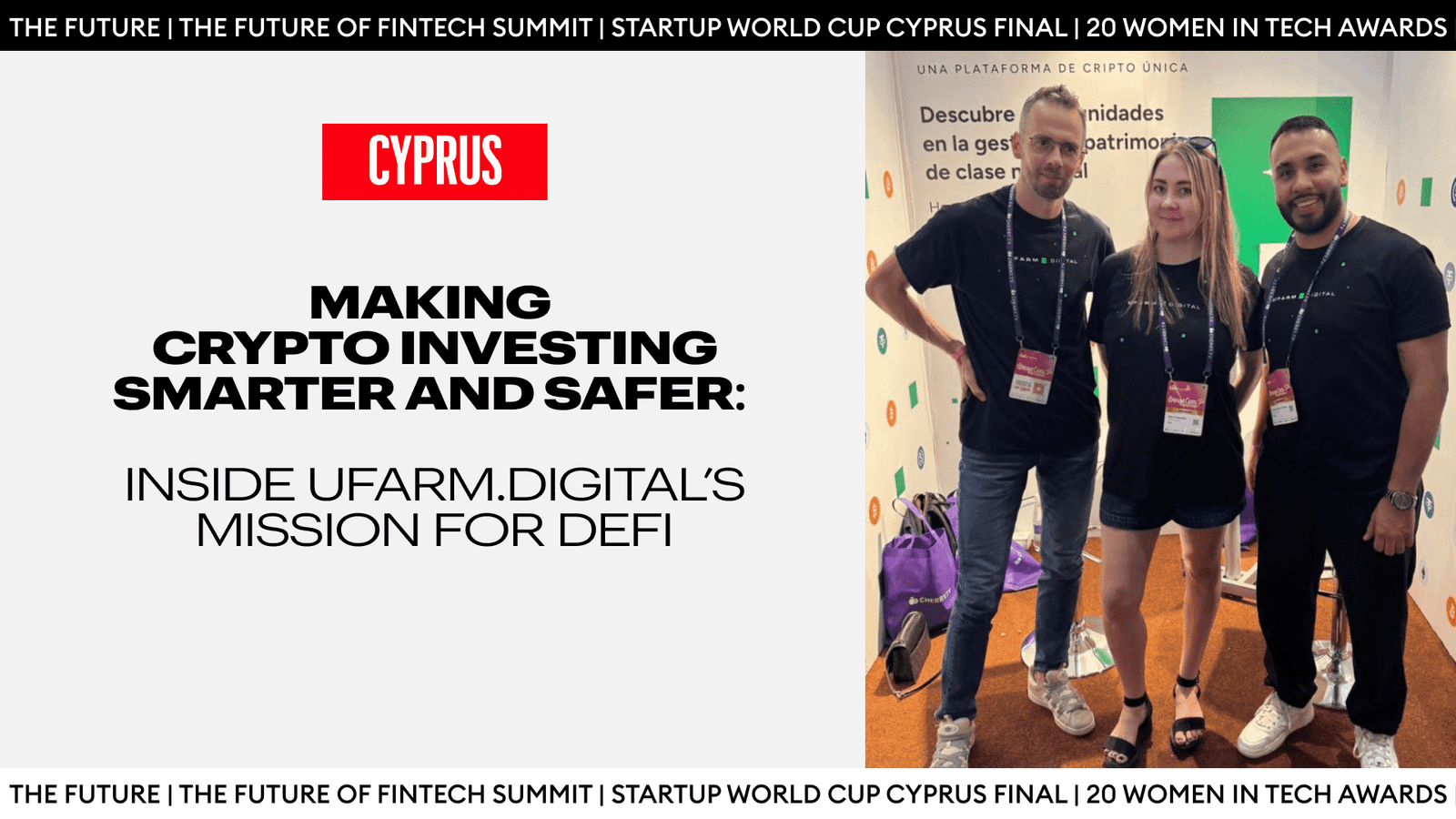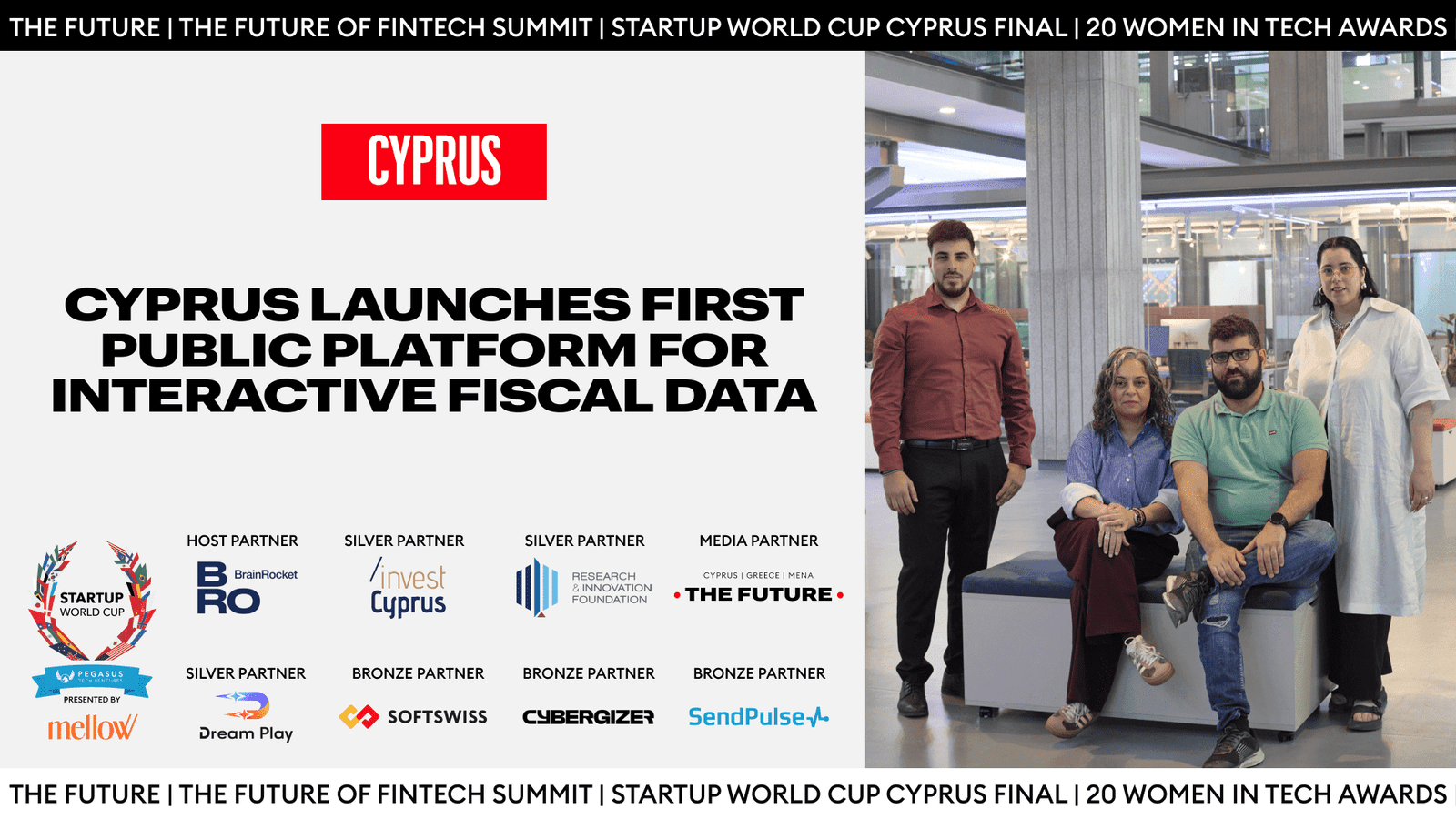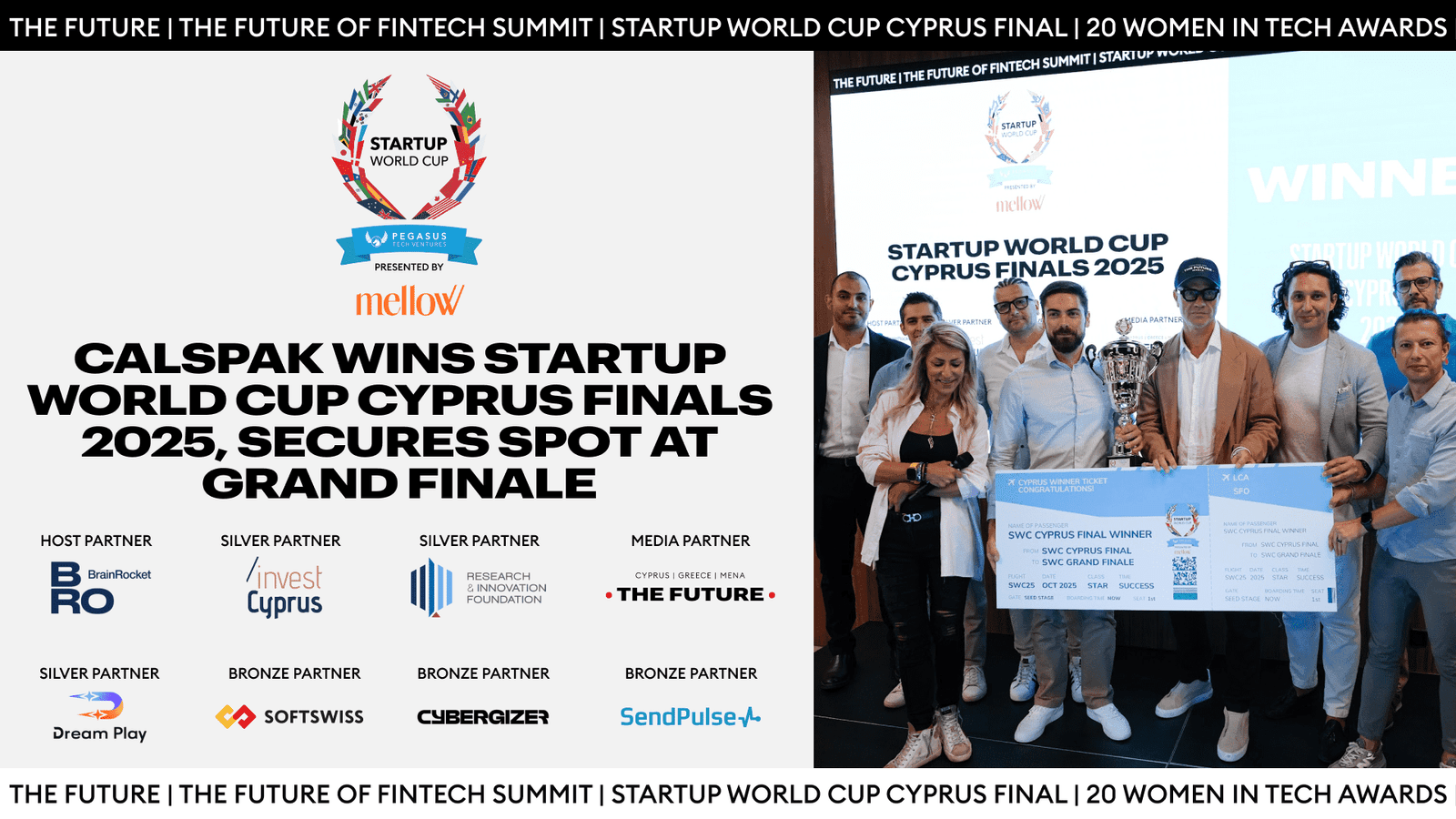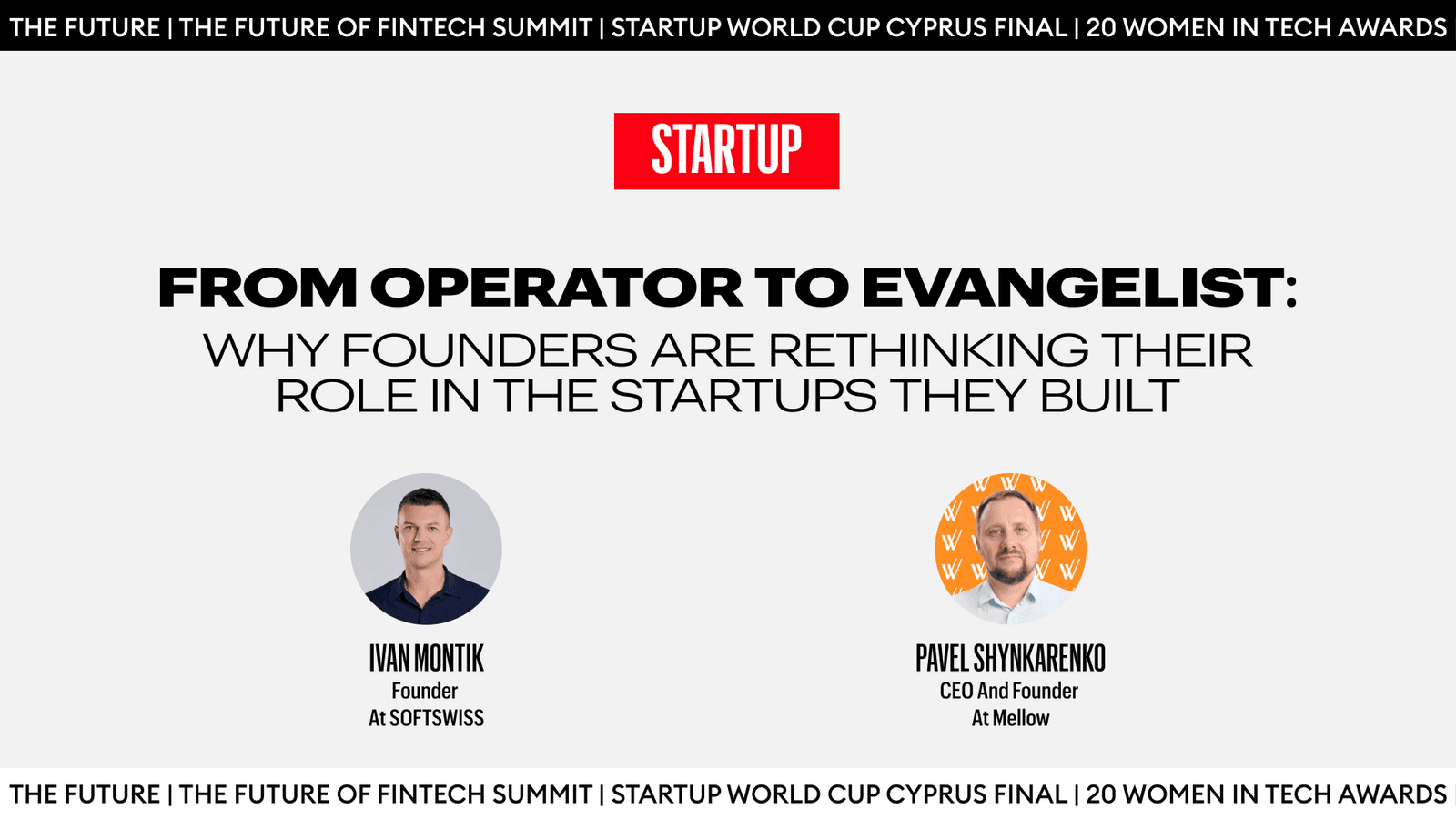Donald Trump’s sweeping new tariffs have sent shockwaves through Europe’s startup ecosystem. With a blanket 10% tax on all U.S. imports and a steeper 20% levy on European goods, tech founders, VCs, and industry insiders are scrambling to assess the fallout.
While optimists see an opportunity for Europe to bolster its tech sovereignty, many fear the tariffs will hike operational costs, disrupt supply chains, and stifle cross-border investment.
Follow THE FUTURE on LinkedIn, Facebook, Instagram, X and Telegram
“This will squeeze European startups,” warns Vitor Monteiro, CTO of Portuguese AI studio Unflow. “Hardware, software, cloud services—all of it just got more expensive. And when costs rise, funding dries up.”
The Real Cost Of Tariffs
European startups have been warily watching the U.S. since Trump’s return to office. Some had contingency plans in place; others are now scrambling to react.
“If fully enforced, these tariffs will make scaling globally much harder,” says Claire Trachet, CEO of M&A consultancy Trachet. “Founders may be forced to rethink where they build, raise, and grow.”
Hardware startups will be hit first. Those selling into the U.S. market—or relying on suppliers affected by the tariffs—face immediate cost increases.
“This is deeply concerning,” says an unnamed founder of a European chip startup. “TSMC, the backbone of semiconductor production, is already facing tariffs. That means our costs just jumped significantly.”
The impact extends beyond hardware. Europe’s heavy reliance on U.S. compute infrastructure—critical for AI training and cloud computing—means software companies aren’t immune either.
“We’ve outsourced AI training, high-performance computing, and cloud contracts to the U.S.,” says Jonatan Luther-Bergquist, partner at Inflection VC. “If you’re dependent on U.S.-made chips or dollar-priced cloud services, your roadmap just got a lot riskier.”
For some, tough decisions lie ahead. Dutch entrepreneur Selina Tirtajana, cofounder of SOVN, a smart earbud startup, had planned to sell primarily in the U.S. this year.
“Now we have to decide—do we pass higher costs to customers or absorb the margin hit?” she says. “We considered manufacturing in the U.S., but the political and economic instability made that a tough call.”
A Domino Effect On VC And Innovation
Tariffs don’t just impact startups directly—they shift the global investment landscape.
“The sheer scale of this move will influence not just individual businesses, but entire economic conditions,” says Dom Hallas, executive director of Startup Coalition. “This is going to be painful.”
Investor caution is rising. As U.S. VCs prioritize domestic deals, European startups could struggle to attract American capital.
“European startups rely heavily on U.S. investors,” says Alex Neves, CEO of Clean Food Group. “With tariffs in play, American VCs may refocus on local opportunities, creating a funding gap in Europe.”
Dealroom data shows U.S. investors injected more capital into European startups than their European counterparts last year. If that dries up, startup valuations could drop, and funding rounds could take longer to close.
“Interest rates may stay higher for longer,” warns Barney Hussey-Yeo, CEO of UK fintech Cleo. “That means fewer venture dollars and lower valuations. Some startups eyeing IPOs in 2025 may push back plans to 2026.”
A Push For European Tech Sovereignty?
Not all see the tariffs as a roadblock—some view them as a catalyst for change.
“For industrial and defense tech startups, this isn’t a setback—it’s an acceleration,” says Daniel Carew, partner at Join Capital. “The urgency to build sovereign capabilities in computing, manufacturing, and security has never been higher.”
Governments may step in to bridge the gap. With European policymakers increasingly focused on reducing reliance on U.S. technology, state-backed funding for local startups could rise.
Still, for many startups, the road ahead just became a lot more uncertain. Some may pivot, some may relocate, and others may struggle to survive in a more protectionist global economy.
One thing is clear—Europe’s startup ecosystem is now playing by a new set of rules.




